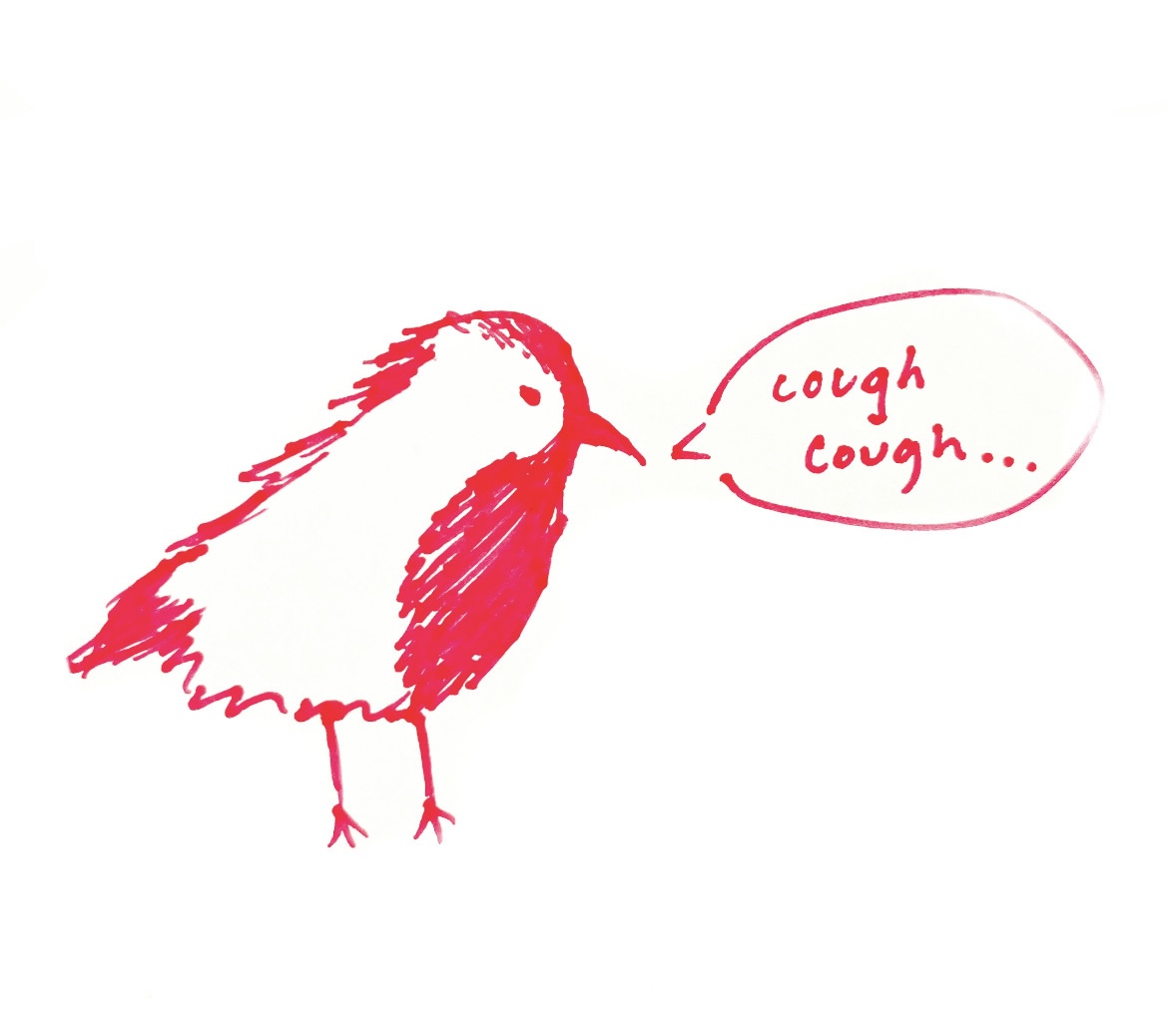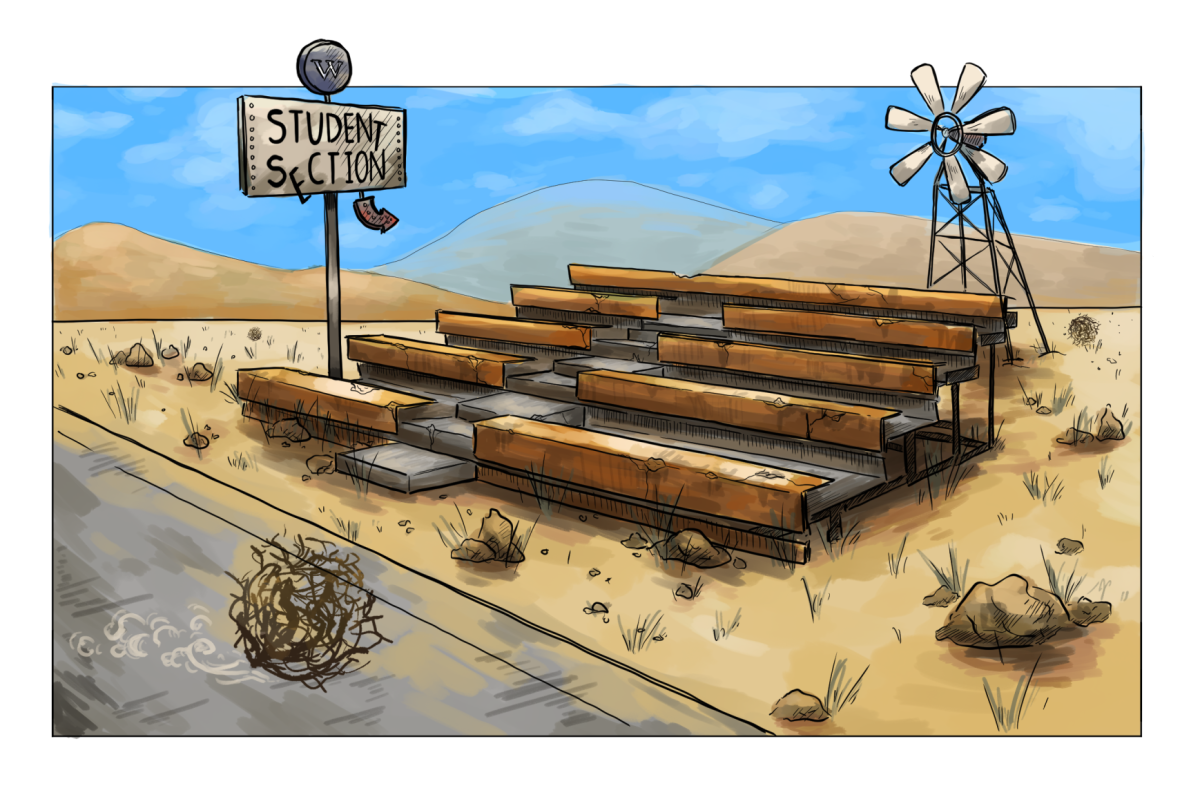In the aftermath of the ASWC resolution that aimed to remove vending machines on campus under the banner of sustainability, a new battlefront has emerged at Whitman College, and this time, it involves the printed copies of The Wire.
To the uninformed eye, The Wire might appear as just another newspaper that supposedly no one reads. But for us, it signifies something far more profound — it’s a rebellion against the relentless onslaught of environmentalists at Whitman.
We live in a world where influential entities like Big Pharma, Big Oil and Big Agriculture cast large, controversial shadows, and we have chosen not to stand idly by. We recognize the environmental concerns surrounding these industries, but in the words of our muse, Elon Musk, “I could either watch it happen or be a part of it.” We have chosen the latter, embracing a paradoxical path that defies the very essence of sustainability championed by our peers.
In a deliberate act of defiance, we have amplified the word count in our articles, embracing verbosity as a form of resistance. We’ve also increased our staff size and extended our topics beyond the campus, covering news from across the country for no other reason than to fill up paper space. And most importantly, the newspapers are meticulously crafted and brought to life at the Walla Walla Union-Bulletin, where they steadfastly print a minimum of 1500 copies every week for our cause. This move isn’t just about the ink on paper; it’s our determination to challenge the status quo. Our goal is to have more writers, more articles and more paper space than the New York Times, the Wall Street Journal and the Tri-City Herald combined, all while maintaining the same amount of readers we have now.
For us, The Wire is not just a publication or another means of student labor; it’s a symbol of our refusal to succumb to the pressures of environmental conformity. With each printed page, we reaffirm our defiance against Whitman’s environmental efforts, reminding everyone that we reject their vision, and that just like Big Pharma, we will choose quantity over quality every chance we get.




